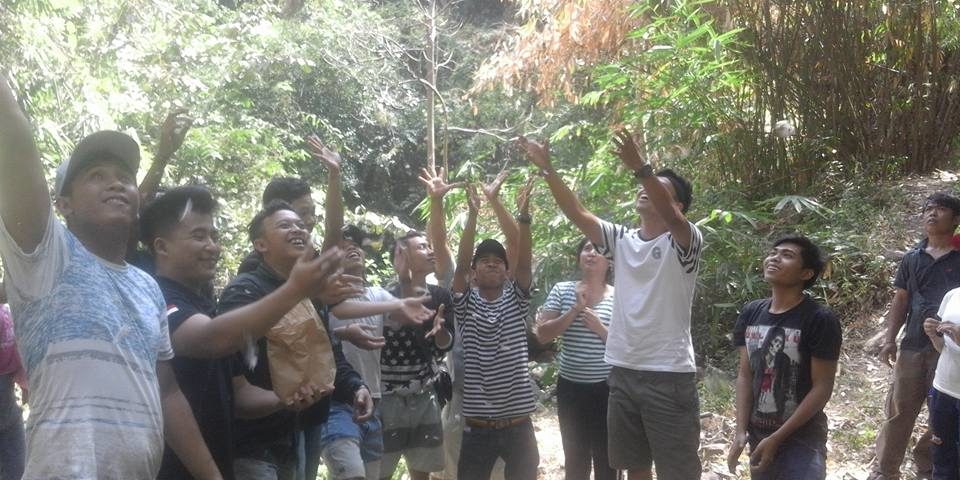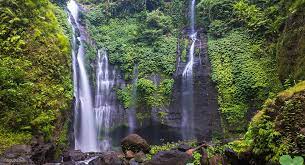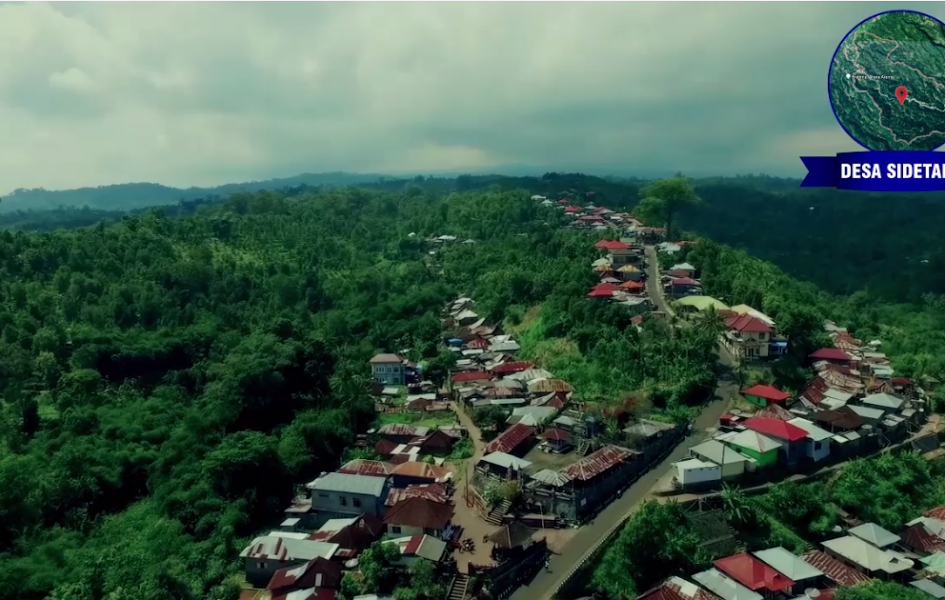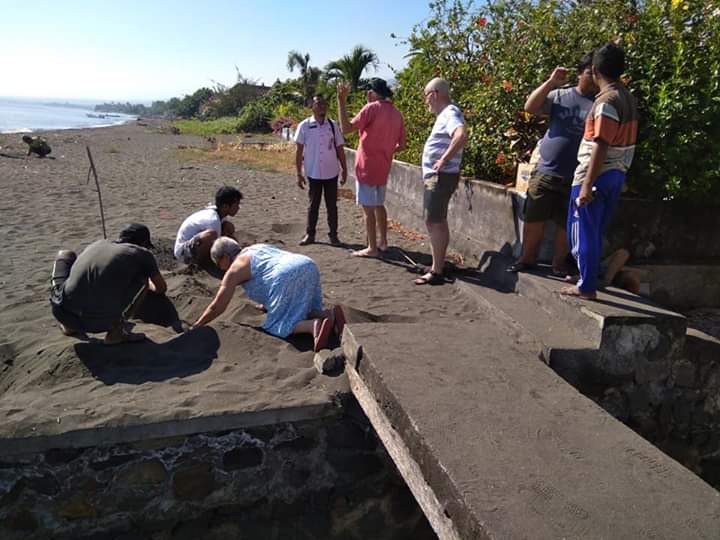Preserving the Beauty of Birds: Ensuring Conservation in the Wild
Birds are a vital component of our planet's biodiversity, adding color, song, and grace to our natural surroundings. However, the world's bird populations face numerous threats, including habitat loss, climate change, pollution, and illegal hunting. Preserving birds in the wild is not only crucial for their survival but also essential for maintaining ecological balance. In this article, we will explore the importance of bird conservation efforts, the challenges they face, and the initiatives being undertaken to safeguard these magnificent creatures.
Ecological Significance of Birds:
Birds play a vital role in maintaining ecosystems. They help with pollination, seed dispersal, and insect control, contributing to the health and diversity of plant life. Additionally, birds occupy different niches within ecosystems, acting as indicators of environmental health. Their presence, absence, or changes in population can reflect the overall well-being of an ecosystem, making them important indicators for scientists studying ecosystem dynamics.
Habitat Protection and Restoration:
Preserving the natural habitats of birds is paramount for their survival. Habitat loss due to deforestation, urbanization, and agricultural expansion is a significant threat to bird populations worldwide. Conservation organizations and government agencies are working to protect and restore critical habitats, including wetlands, forests, grasslands, and coastal areas. These efforts involve establishing protected areas, implementing sustainable land-use practices, and promoting reforestation and habitat restoration initiatives.
Mitigating Climate Change Impacts:
Climate change poses significant challenges to bird populations. Rising temperatures, altered precipitation patterns, and habitat shifts can disrupt migration patterns, breeding cycles, and food availability for birds. Conservation efforts aim to mitigate the impacts of climate change by promoting sustainable practices, advocating for renewable energy sources, and creating climate-resilient habitats. Understanding how birds are adapting to changing conditions is vital for guiding conservation strategies in the face of a warming planet.
Combatting Illegal Hunting and Trade:
Illegal hunting and trade pose a severe threat to many bird species. The demand for feathers, eggs, and live birds in the pet trade contributes to the decline of numerous species, pushing them towards extinction. Conservation organizations collaborate with governments and local communities to enforce wildlife protection laws, raise awareness about the consequences of illegal hunting, and promote sustainable alternatives to the trade in bird products.
Community Engagement and Education:
Engaging local communities in bird conservation efforts is essential for long-term success. Educating communities about the importance of birds, their ecological roles, and the need for their protection fosters a sense of stewardship. Conservation programs often involve community-based initiatives such as birdwatching clubs, habitat restoration projects, and sustainable livelihood programs that provide economic incentives for protecting bird habitats.
Collaboration and Research:
Effective bird conservation requires collaboration between scientists, conservation organizations, governments, and local communities. Ongoing research helps to monitor bird populations, study their behavior, track migration patterns, and identify conservation priorities. Such collaborative efforts provide valuable data for informed decision-making, ensuring the implementation of targeted conservation strategies.
Preserving birds in the wild is crucial for maintaining the delicate balance of our ecosystems. By protecting their habitats, mitigating the impacts of climate change, combatting illegal hunting, engaging local communities, and promoting research, we can make significant strides towards bird conservation. Every individual has a role to play, whether it's supporting conservation organizations, participating in citizen science initiatives, or advocating for stronger environmental policies. Together, we can ensure that the beauty, diversity, and melodies of birds continue to enrich our natural world for generations to come.




